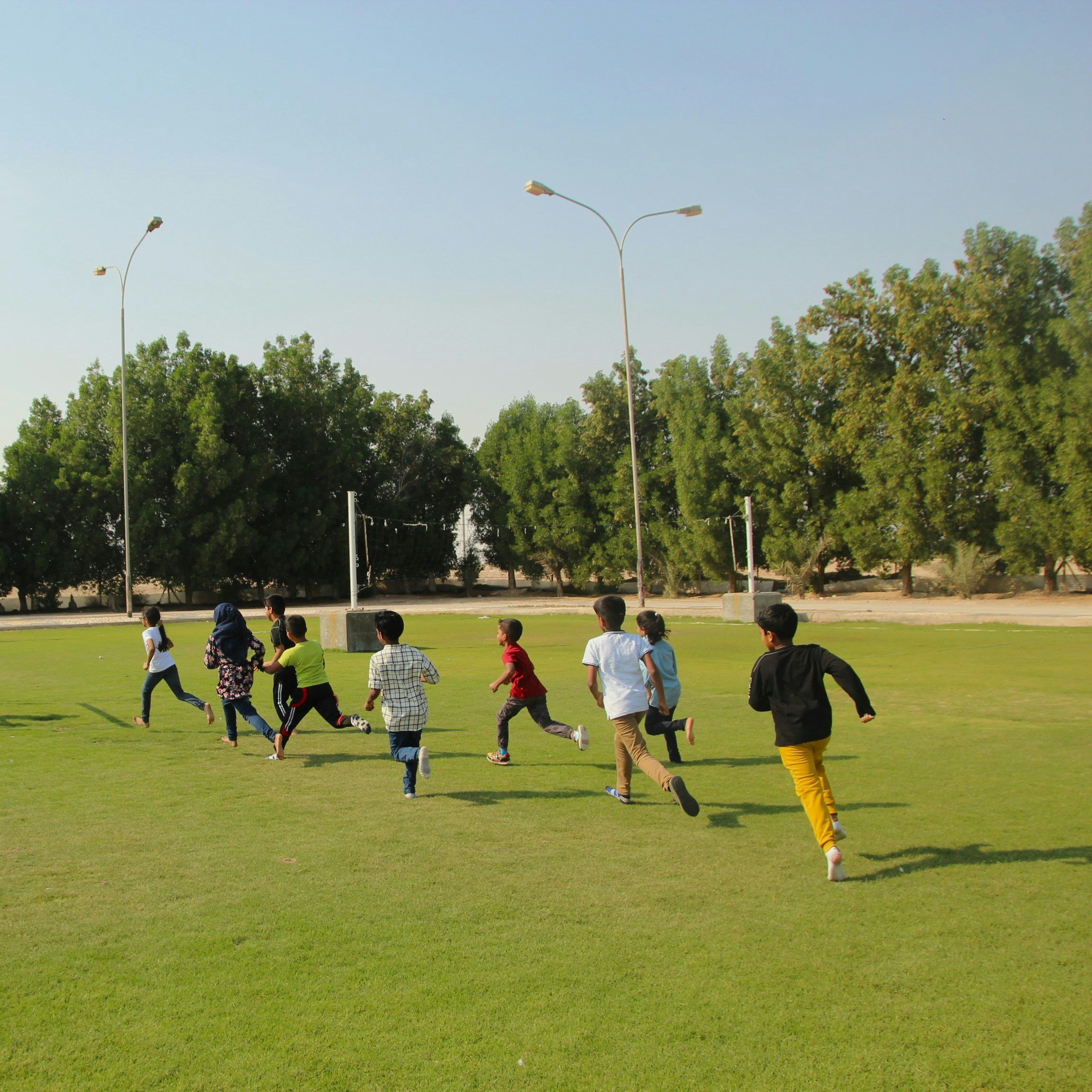“Kilometer Kids creates a foundation for a future of movement”: Exploring Topics in Fitness with Kilometer Kids
Question #1: What are some methods that Kilometer Kids uses to teach kids life skills through running?
Kilometer Kids is structured as a 10-week season, with each week featuring a “Theme of the Week” focused on building life skills such as teamwork, goal setting, and positive self-talk. Coaches are provided with a detailed curriculum that outlines exactly how to introduce and discuss each theme with their participants.
Question #2: What types of games or activities do you use to keep running fun for younger kids?
Each Kilometer Kids practice lasts one hour and follows a structured schedule that includes time for a warm-up, weekly theme, the run of the day, the game of the day, and the cooldown/awards. By keeping activities varied and well-paced, it ensures practices are fun, engaging, and age-appropriate. The variety of different games and runs helps maintain excitement and motivation throughout the season.
Question #3: How does Kilometer Kids promote inclusivity, especially for kids who are new to sports or may not see themselves as athletes?
Our program is designed for all elementary-aged children, regardless of running experience or gender identity. It is a non-competitive program, and coaches are trained to emphasize personal growth over winning. This approach encourages each child to enjoy their individual running journey and develop a lasting love for the sport instead of comparing themselves to others.
Question #4: How do you think programs like Kilometer Kids contribute to long-term health outcomes for youth in Atlanta?
Kilometer Kids creates a foundation for a future of movement. By introducing non-competitive running in a positive environment, the evidence-based program empowers youth to form healthy habits and develop strong social and emotional skills. Connecting participants, coaches, parents, schools, sponsors, and community partners, Kilometer Kids reveals the universal nature of running and the benefits of an active lifestyle. Through sports-based youth development, Kilometer Kids cultivates healthy communities.
Question #5: What can schools do to make it easier for students to adopt healthier habits in terms of movement and exercise?
Awareness of available resources is important. Schools can support students in adopting healthier habits by ensuring that those responsible for physical education or student programming take the time to explore free or low-cost programs that promote movement and physical activity. By connecting students with accessible opportunities, schools can help create a more inclusive and active environment for their students.

